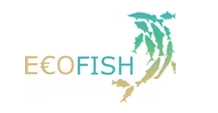Quick Access
CALL FOR PAPERS: 12TH COMESA ANNUAL RESEARCH FORUM
Latest News
Staff Develop Revamped Scorecard to Enhance Secretariat Performance
Lusaka, Zambia Friday 11 July, 2025 — Selected staff members from the Common Market for Eastern and Southern Africa (COMESA) Headquarters met in Lusaka from July 9 to 11 to[…]
Read moreCOMESA Moves to Onboard More Member States to e-Certificate of Origin
More Member States will soon be using the COMESA Electronic Certificate of Origin (e-CO) system which was launched in November 2024. The e-CO is a modern digital tool expected to[…]
Read moreCOMESA and AU Launch Technical Assistance to Malawi Electoral Body Ahead of Elections
COMESA in collaboration with the African Union and International IDEA have launched technical support to the Malawi Electoral Commission (MEC) and other key electoral stakeholders as the country prepares for[…]
Read moreRegional Seed Certification and Labelling System Launched
COMESA, through its Specialised Agency, the Alliance for Commodity Trade in Eastern and Southern Africa (ACTESA), has launched the Regional Seed Certification and Labelling System in its efforts to combat[…]
Read moreOverview of COMESA
The history of COMESA began in December 1994 when it was formed to replace the Preferential Trade Area (PTA) which had existed from the earlier days of 1981. COMESA (as defined by its Treaty) was established…
LEARN MORE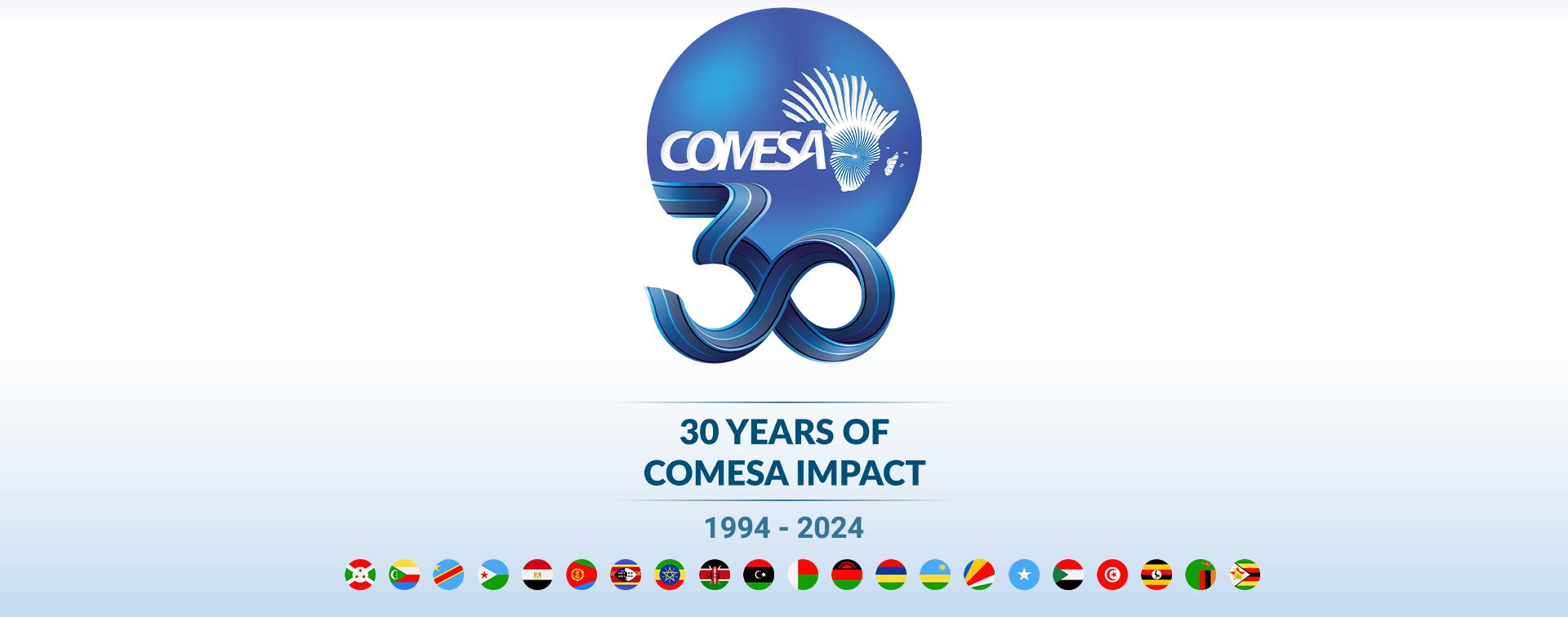
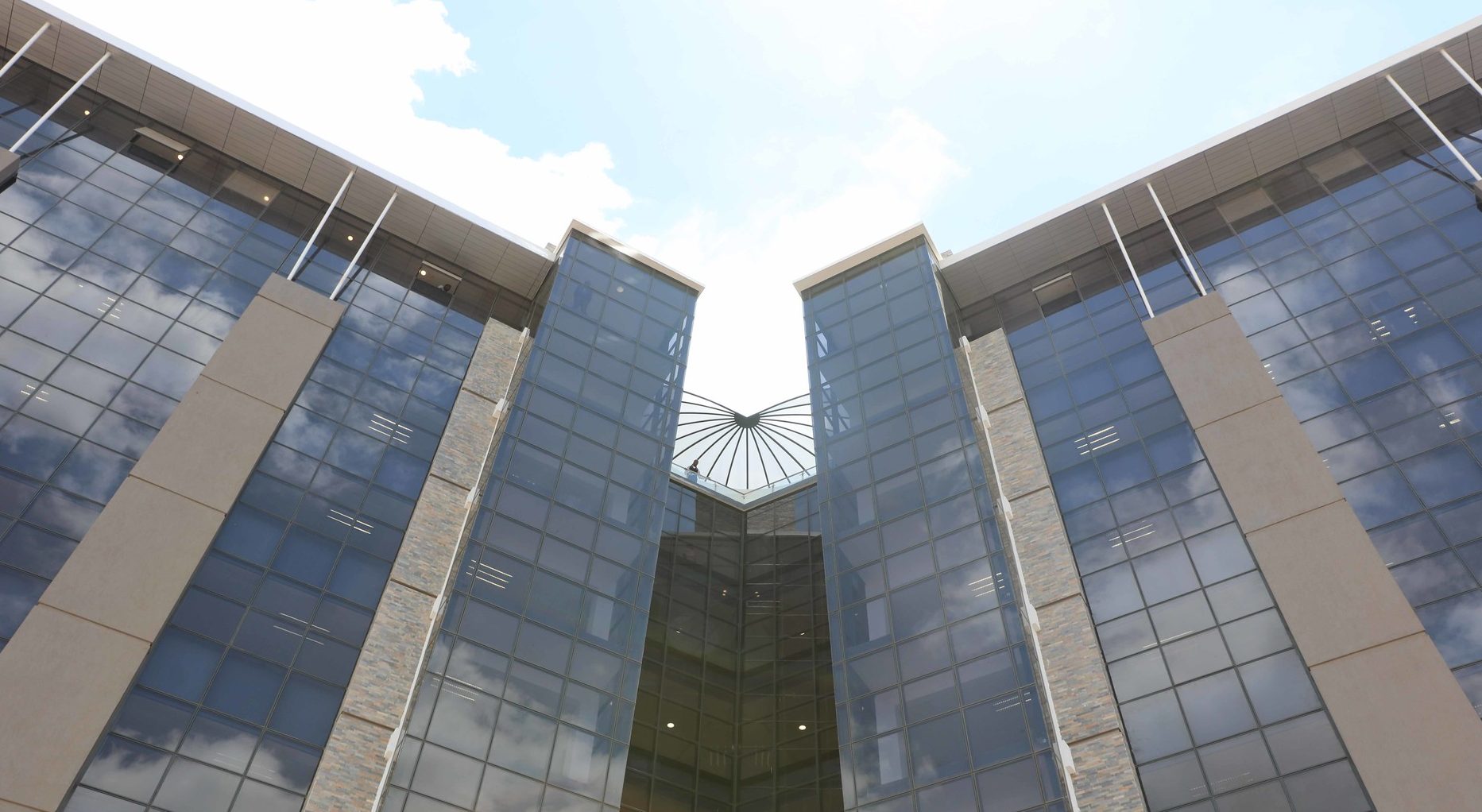
COMESA INSTITUTIONS
An integral component of the COMESA success narrative has been its institutions. These are needs-based and respond to very specific niches in the region. In addition to providing expertise in specific areas, the institutions are involved in skills development and extensive market research that allows them to link evidence to their decision-making processes. To support the integration program, COMESA has established financial institutions to provide not just the much needed credit (the Trade and Development Bank), but also to provide insurance for non-commercial risks (the African Trade Insurance Agency), re-insurance (ZEP-Re (PTA) Reinsurance Company) and to facilitate international payments (the Regional Payment and Settlement System), and to underpin competition in the region (the COMESA Competition Commission).
LEARN MOREOur Programmes
The Common Market for Eastern and Southern Africa (COMESA) comprises 21 African Member States that came together with the aim of promoting regional integration through trade and the development of natural and human resources for the mutual benefit of all people in the region.
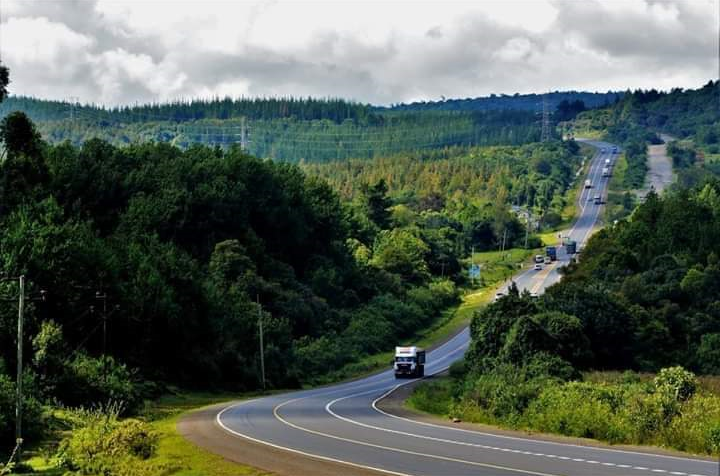
Infrastructure Development
COMESA has recognized infrastructure development as a priority and strategic focus area that requires…
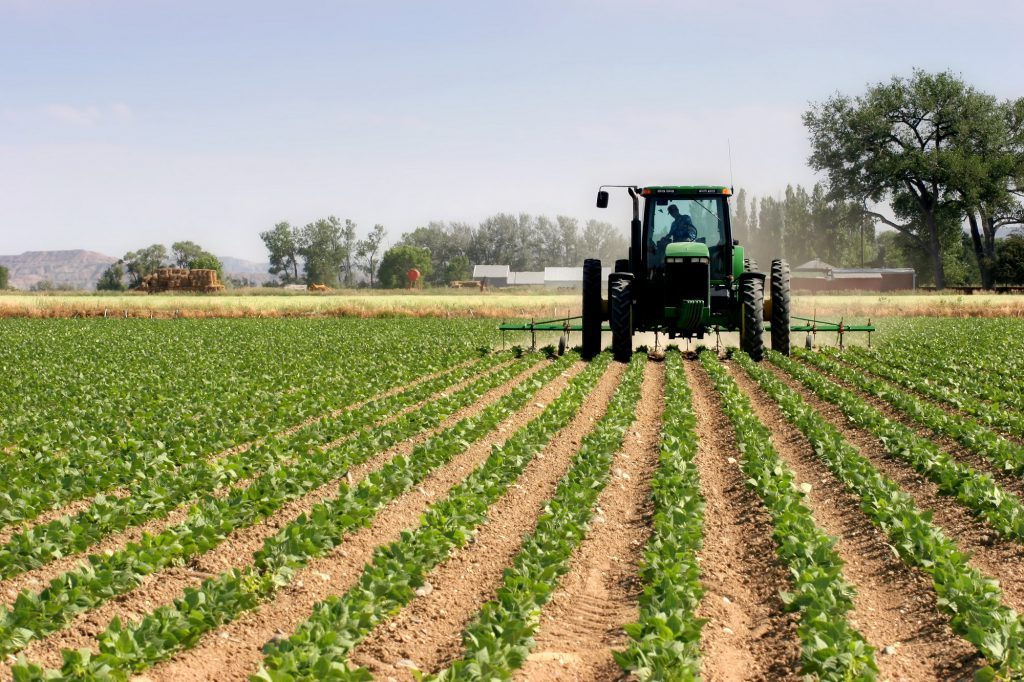
Agriculture, Industry & Private Sector Development
The Mandate of the Industry and Agriculture Division is to promote development of….
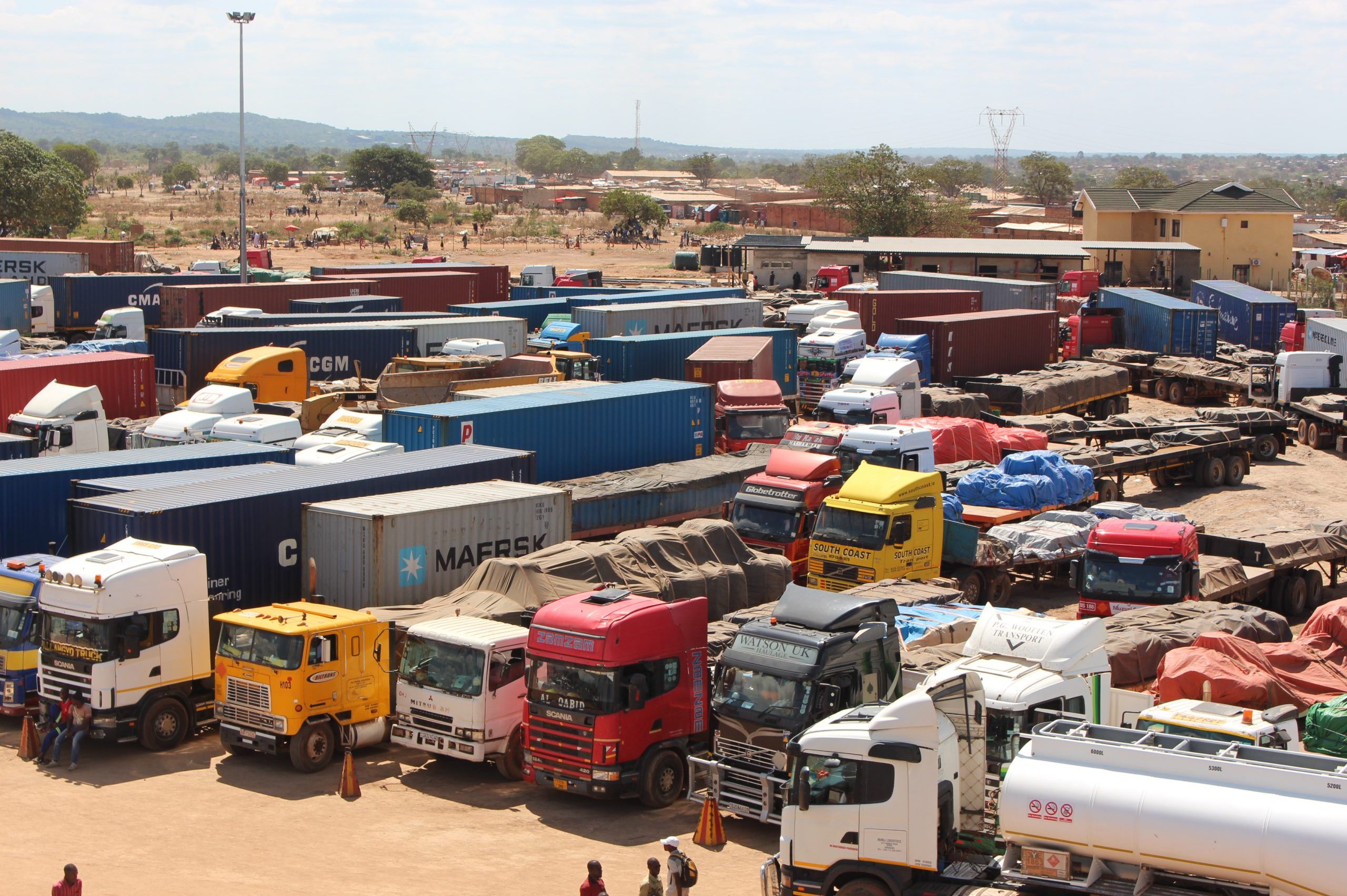
Trade & Customs Services
The main function of the division is to implement programmes to enhance cooperation in Trade…
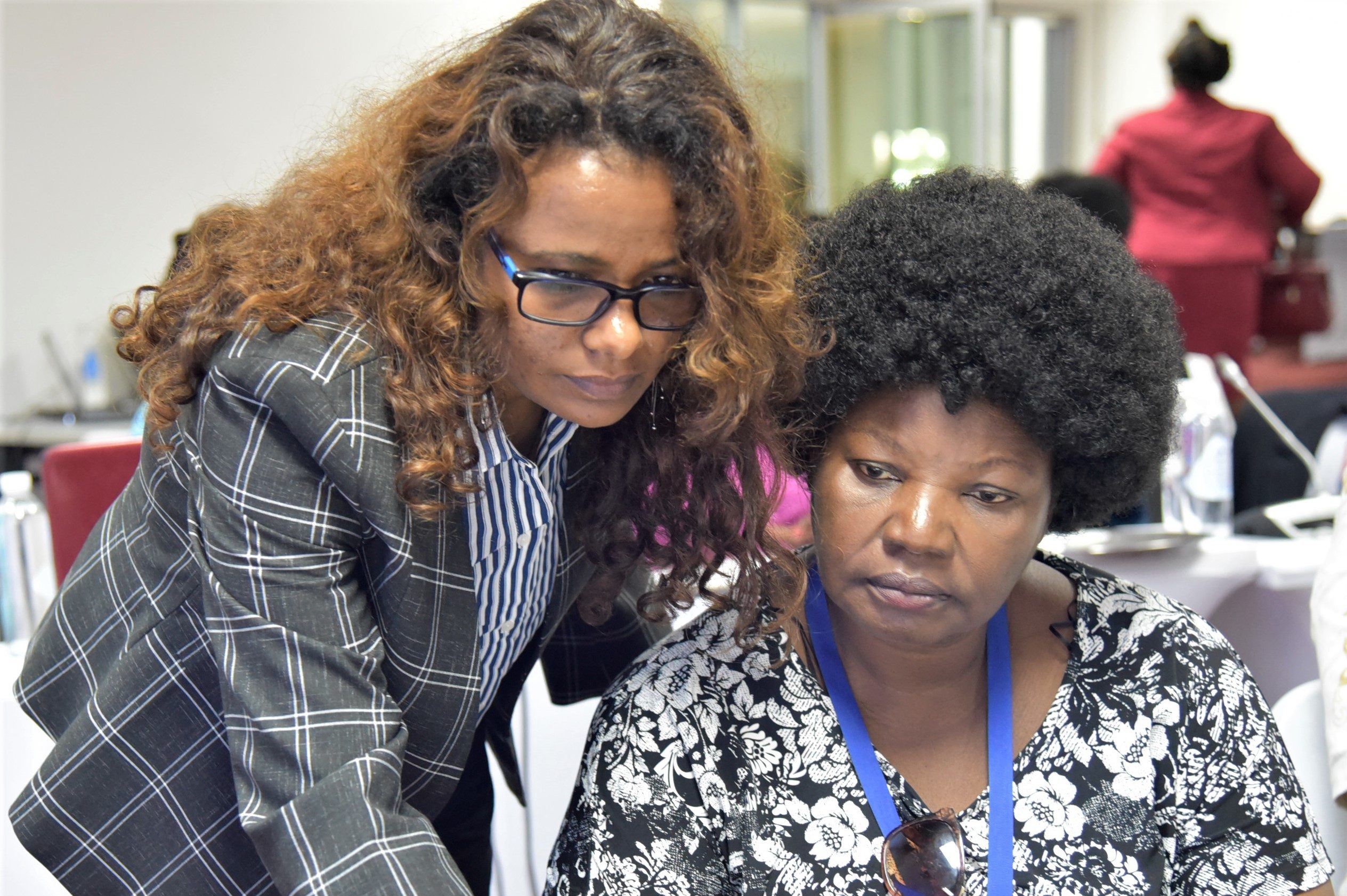
Gender & Social Affairs
The Gender and Social Affairs Division in the COMESA Secretariat exists to promote and provide leadership…..
COMESA, Briefly
A documentary on the key milestones and achievements in the COMESA regional integration agenda, focusing on four strategic pillars: market integration, physical connectivity, productive integration and gender and social integration.


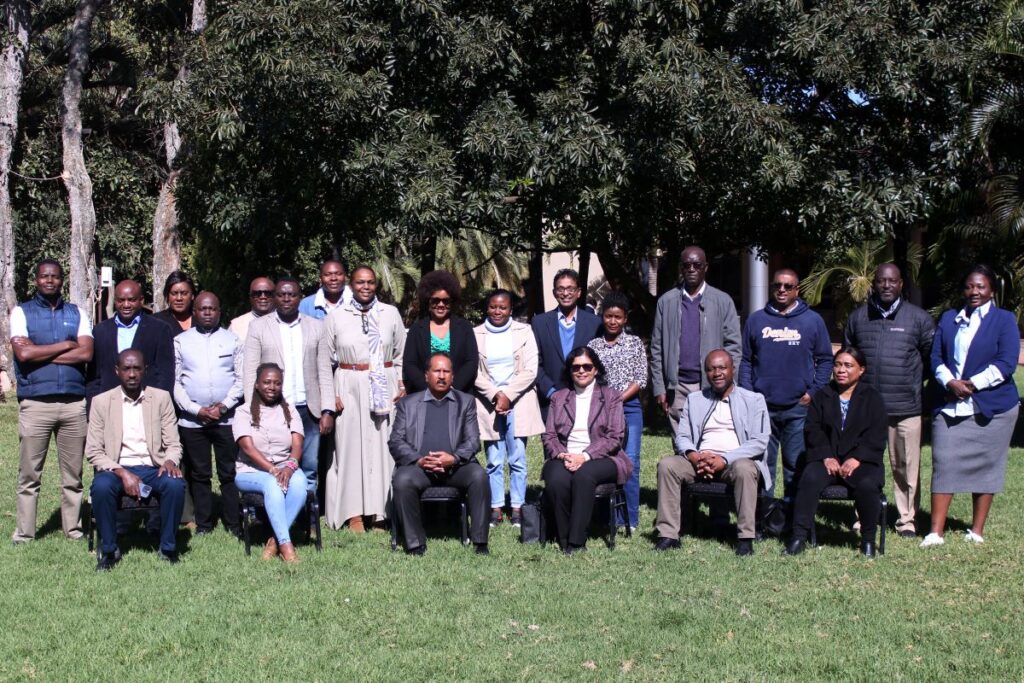
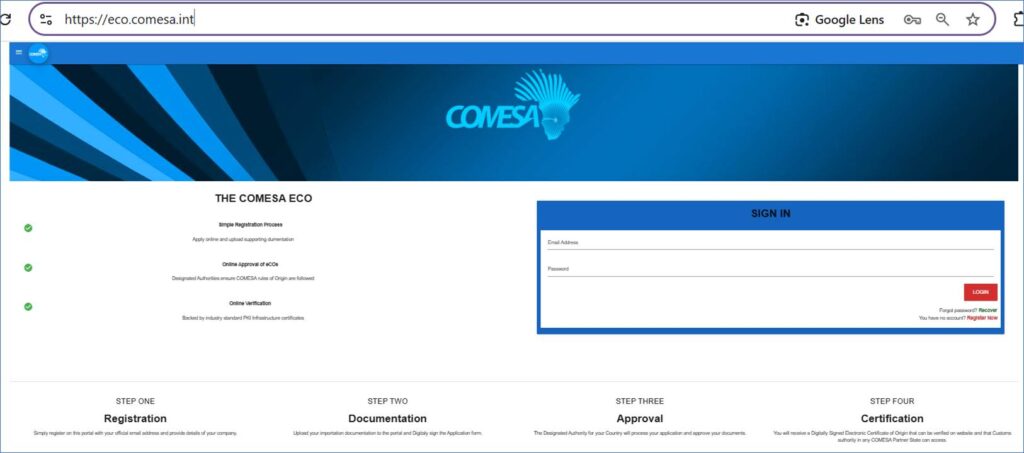

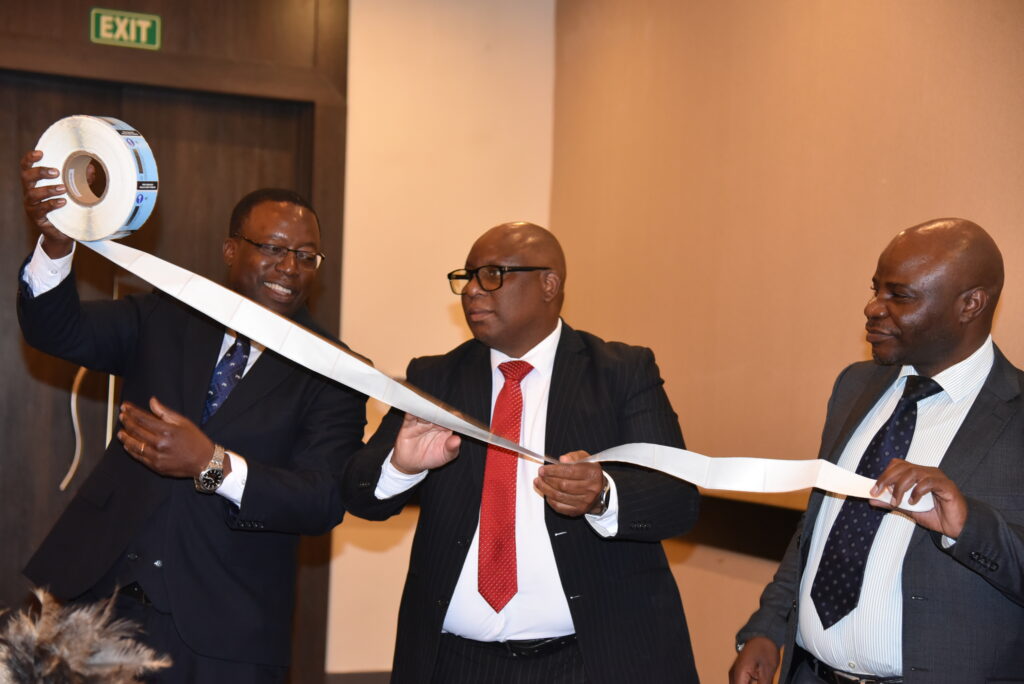
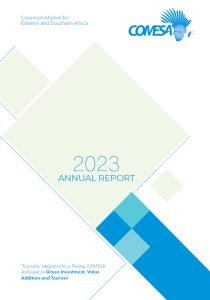 LATEST PUBLICATIONS
LATEST PUBLICATIONS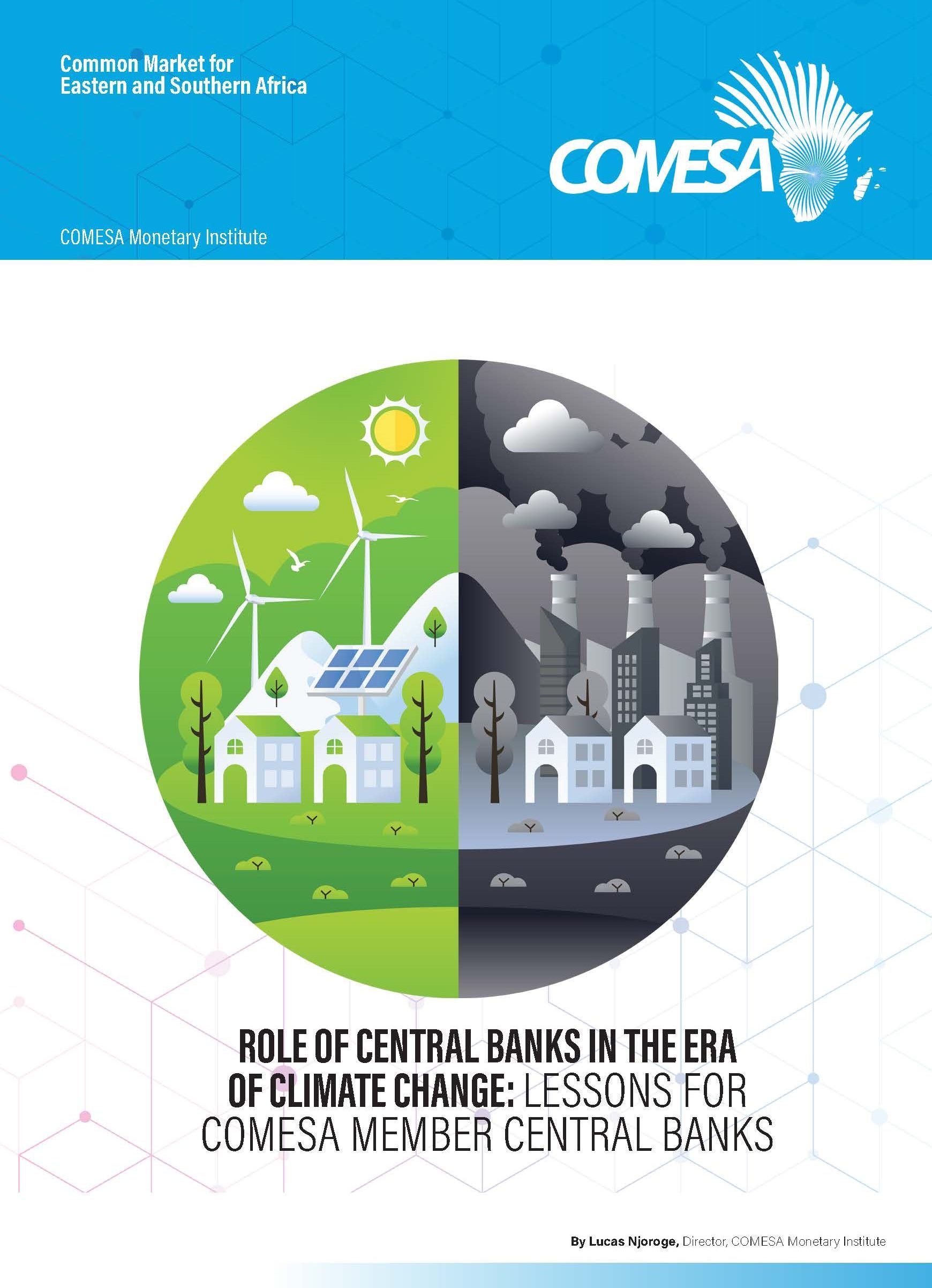
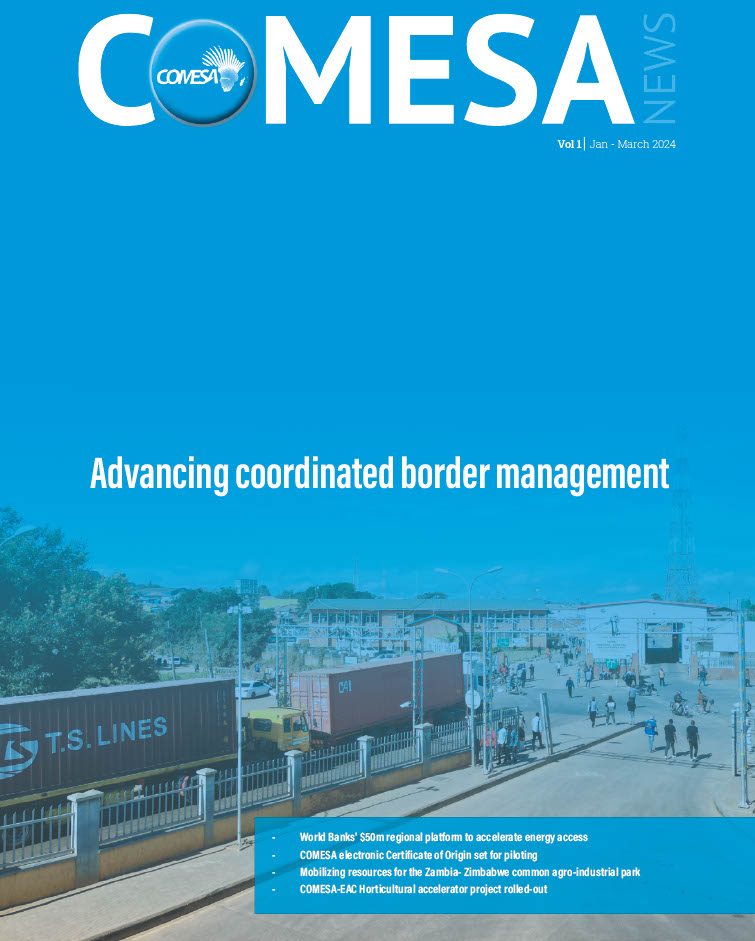
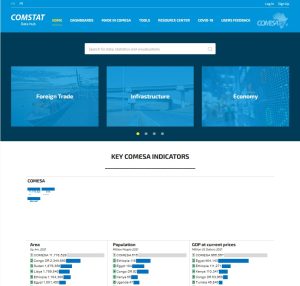 COMSTAT DATA HUB
COMSTAT DATA HUB




